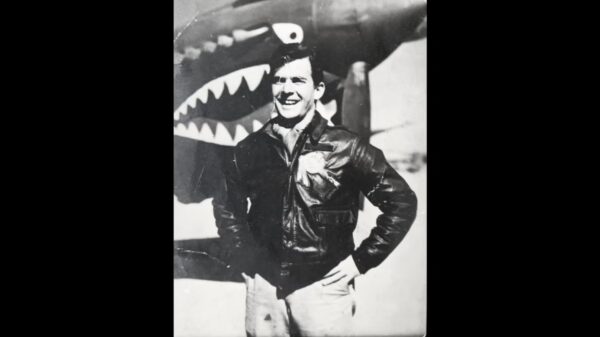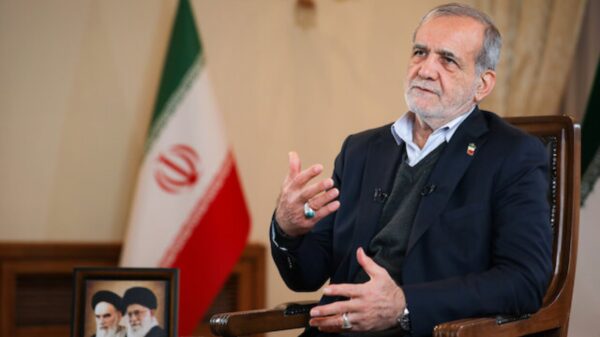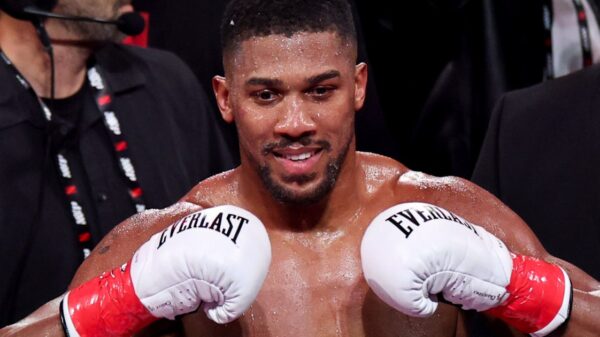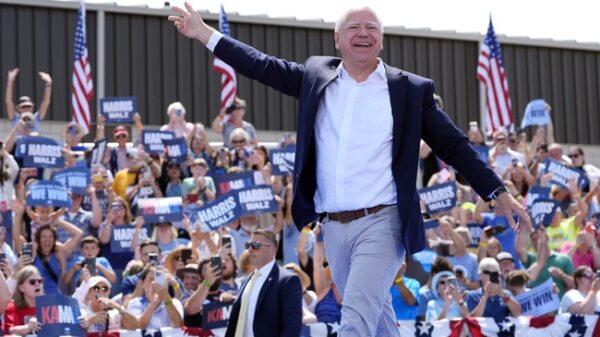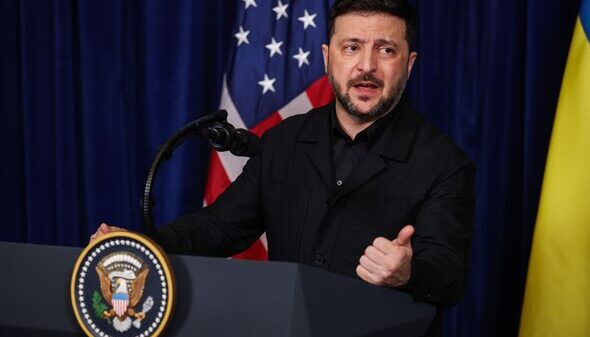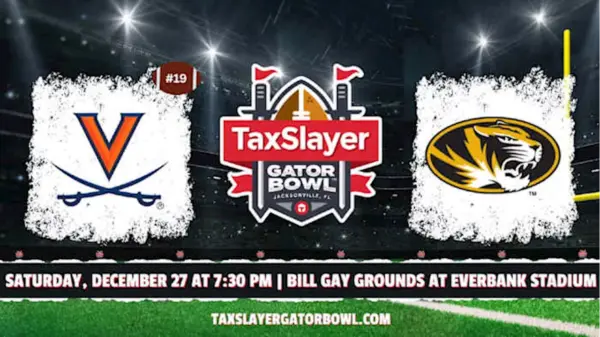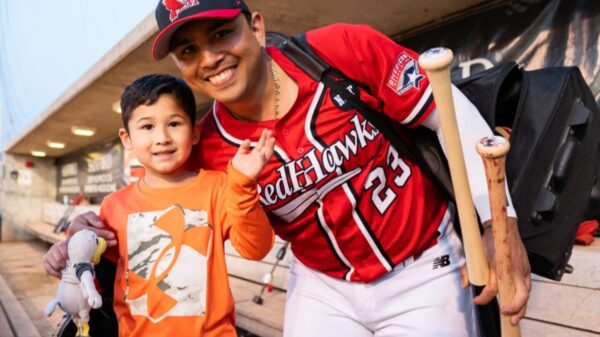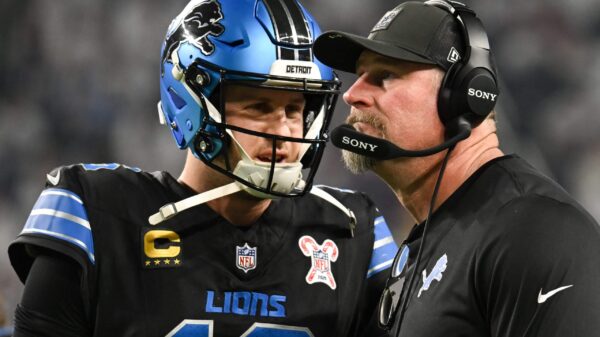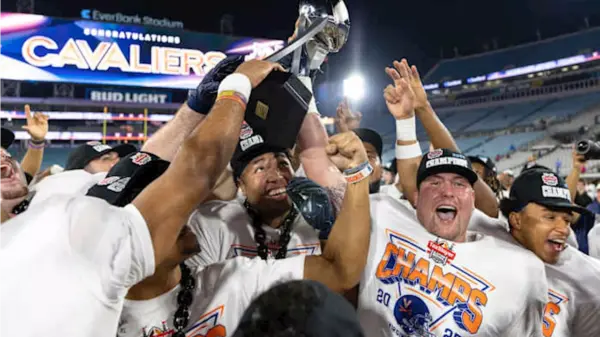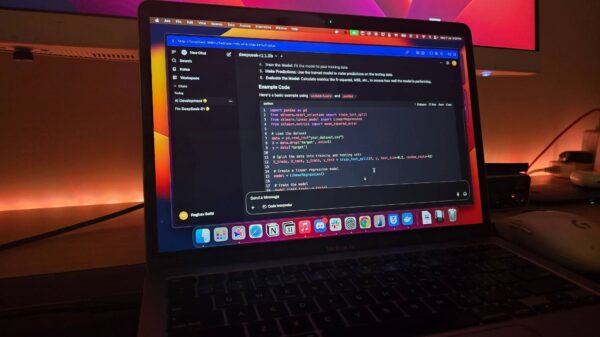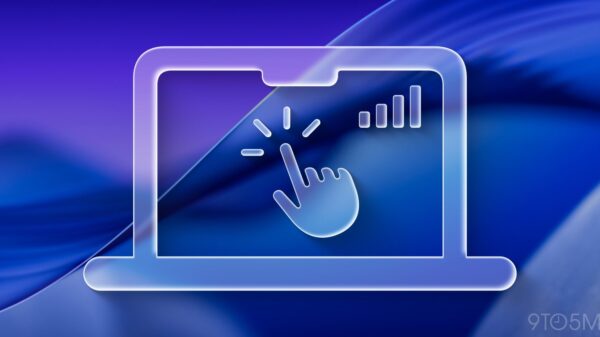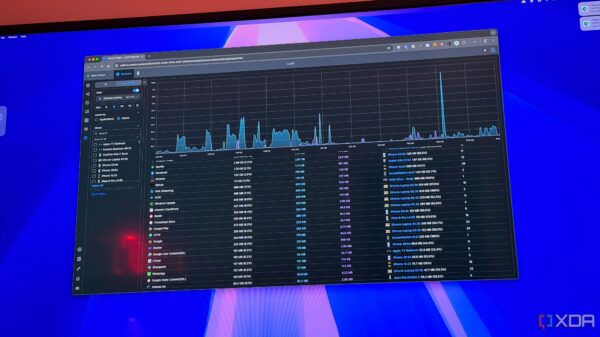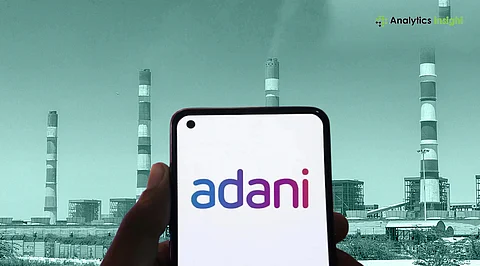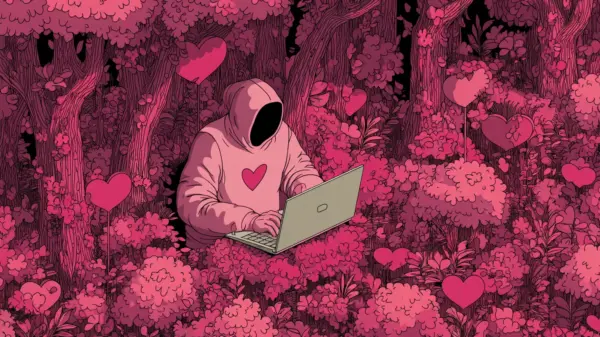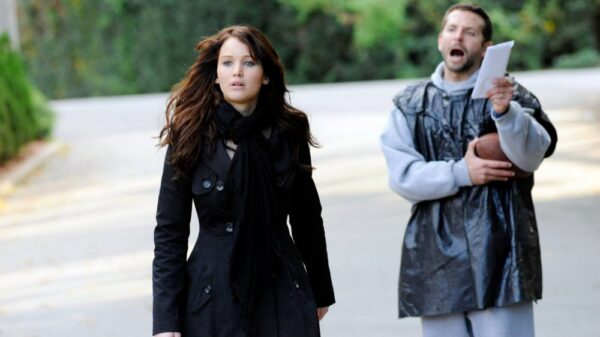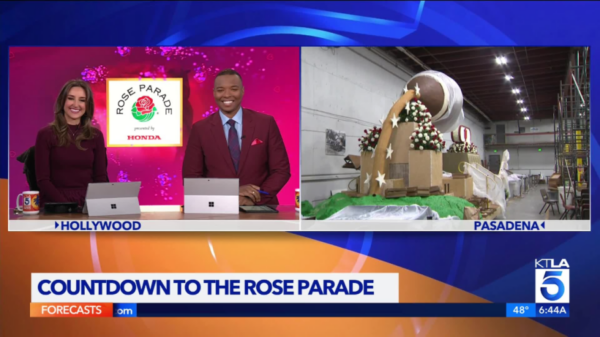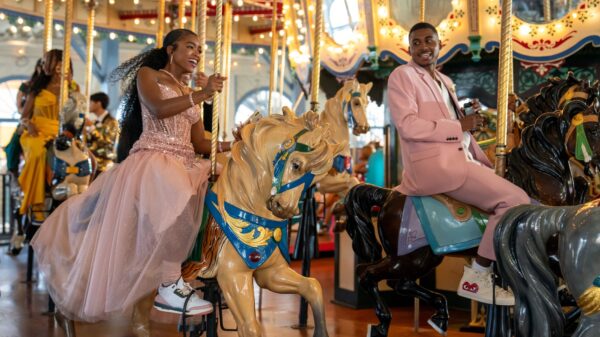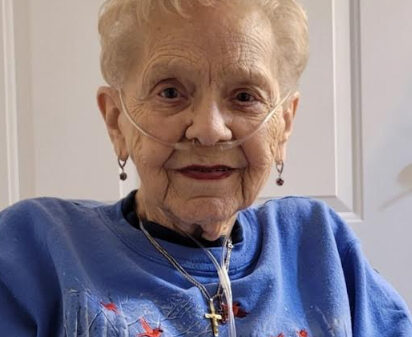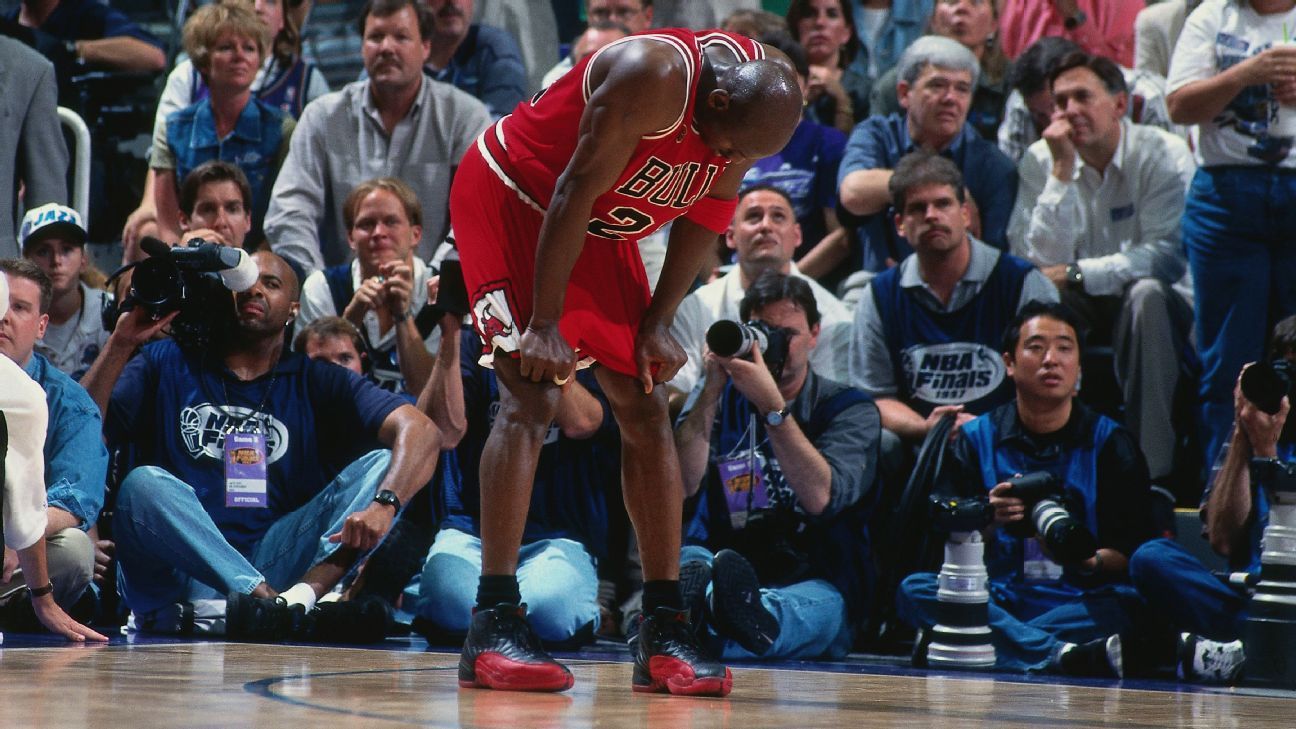UPDATE: In a recent NBC special, basketball legend Michael Jordan firmly stated that load management should not exist in the NBA. Airing on Tuesday night during a doubleheader, this segment of “MJ: Insights to Excellence” featured an eye-opening conversation with host Mike Tirico.
Jordan’s comments come as the NBA grapples with the increasing trend of players missing games for rest. “It shouldn’t be needed, first and foremost,” Jordan asserted. He emphasized his belief that every game is an opportunity to showcase talent, especially for fans who invest time and money to attend. “I want to impress that guy way up on top who probably worked his (butt) off to get a ticket,” he added passionately.
The iconic athlete didn’t shy away from addressing the competitive spirit that fueled his career. Jordan reflected on how the presence of fans — even those cheering against him — motivated him to perform. “You know, he’s calling me all kinds of names. I definitely want to shut him up,” he said, underscoring his duty as an entertainer to give fans a show.
Jordan recounted numerous instances of playing through injuries, including a notable game in his early career where he played with a sprained ankle. Fans particularly remember his determination during Game 5 of the 1997 NBA Finals against the Utah Jazz, often referred to as “The Flu Game.” On June 11, 1997, Jordan was severely ill, reportedly suffering from food poisoning. Nevertheless, just 90 minutes before game time, he made the decision to play.
Despite his condition, he scored an incredible 38 points, leading the Chicago Bulls to a pivotal victory that placed them one win away from the championship. “I was going to find a way to get out there, even if I was a decoy,” Jordan recalled. His performance that day remains legendary, as he collapsed into teammate Scottie Pippen‘s arms after the game.
The Bulls ultimately secured the title that year and triumphed over the Jazz again in 1998, with Jordan famously hitting the game-winning shot in Game 6. Jazz fans still debate that moment, insisting he pushed off to create space, a contention so well-known that a wireless network in Utah’s arena is humorously named “JordanPushedOff.”
Jordan’s insights resonate deeply with current discussions about player engagement and fan loyalty in the NBA. As load management continues to be a hot topic, his perspective serves as a poignant reminder of the commitment athletes owe to their supporters.
With fans and analysts eagerly awaiting the next developments in the NBA, Jordan’s comments could reignite debates on player health, fan experience, and the very essence of sportsmanship. As the season progresses, all eyes will be on how these perspectives influence player decisions and team strategies moving forward.
Stay tuned for more updates as this story evolves.


